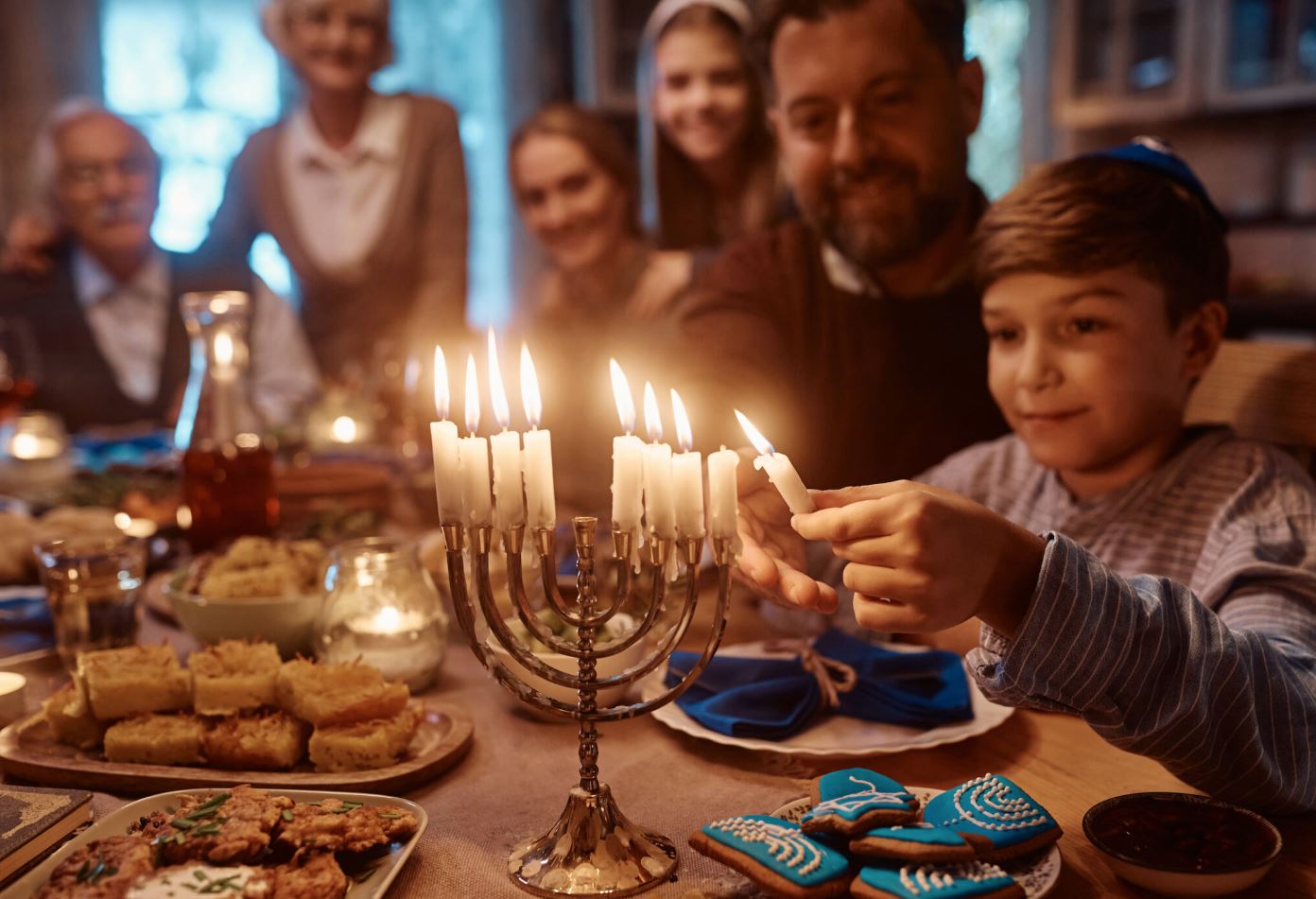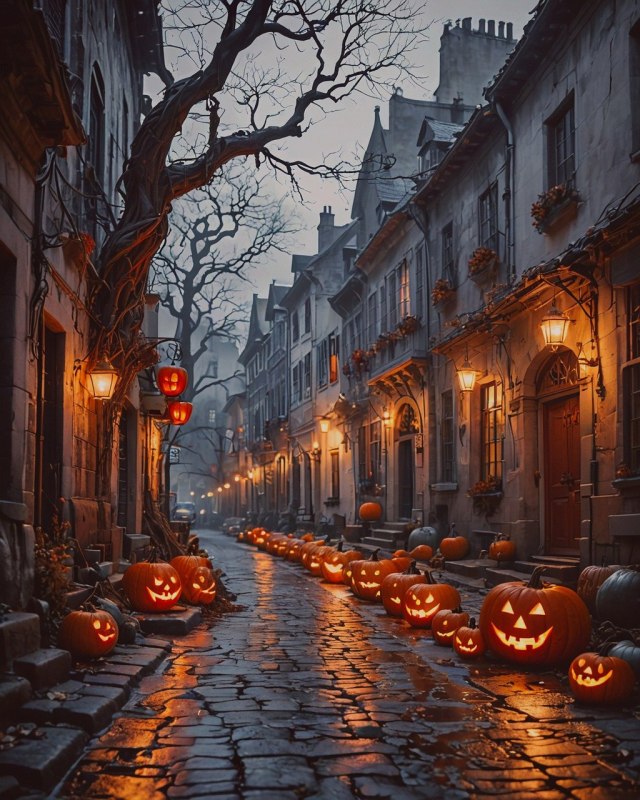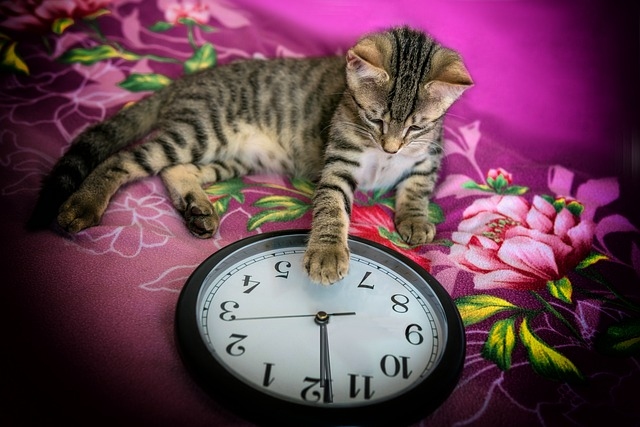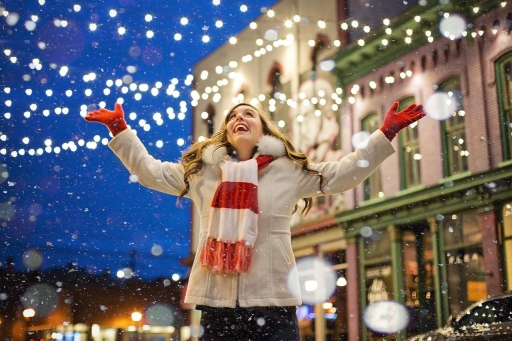Hanukkah, also known as Chanukah, is a joyous and meaningful Jewish religious rite,which roughly corresponds with winter festivals and is celebrated around the world. This eight-day festival holds deep cultural and historical significance, commemorating the miracle of the oil in the Second Temple in Jerusalem. Hanukkah, which usually falls in December, is a time of festivity, family gatherings, and the lighting of the menorah. In this article, we will delve into the rich history, traditions, and customs, exploring the festival’s religious and cultural importance.
It’s roots can be traced back to the second century BCE when the land of Israel was under the rule of the Seleucid King Antiochus IV. During this time, the Jewish people faced religious persecution, as the king sought to suppress Judaism and impose Hellenistic practices. The desecration of the Second Temple in Jerusalem became a symbol of this oppression.
The rebellion against this persecution was led by a group of Jewish warriors known as the Maccabees. Despite being outnumbered, the Maccabees achieved a miraculous victory over the mighty Seleucid army. Upon reclaiming the Second Temple, the Jewish people discovered that there was only enough sacred oil to keep the menorah, a seven-branched candelabrum, burning for one day. Miraculously, the oil lasted for eight days, allowing sufficient time to produce more sacred oil. This event is at the heart of the celebration, symbolizing divine intervention and the triumph of light over darkness.
Occurrence Is At Different Times of the Year
The Jews basically use the lunar calendar, with somewhat of the solar Julian calendar, while the Western countries entirely use the Gregorian solar calendar that was developed in 1582. Hanukkah is not observed on a certain standard; consistent day of the month as Christmas is. The Jewish Festival of lights usually starts in late November to mid December. In the current year of 2023, the Jewish holiday begins on the night of December 7th. Every year is a different start date from the previous year. On 2005, at the sunset of December 25th, the first night of the holiday occurred. that made Christmas Day the start of Hanukkah Day. Such an event will also occur in 2024. The Festival of Lights will start on January 1 New Year’s Day in the year 3032 which is the year 6792 on the Jewish calendar. The beginning of the sacred Jewish day also has something to do with a particular phase the moon is in, and the candles of the menorah represent the various basic phases or cycles that the moon goes through.
The Menorah and Candle Lighting
A central aspect of the celebrations is the lighting of the menorah. The menorah, an eight-branched candelabrum, symbolizes the miracle of the oil lasting for eight days. Traditionally, the menorah also has a ninth branch, the shamash or “helper” candle, used to light the other candles. Each night , one additional candle is lit, starting with the shamash and progressing from right to left (the way Hebrew is read),but the candles are kindled from left to right with the newest candle lit first (after the shamash).
As the candles are kindled, blessings are recited, acknowledging the historical significance of the festival and expressing gratitude. Families often gather around the menorah, singing traditional songs and engaging in festive activities. The menorah is typically displayed prominently, often in windows, to share the light with the community and symbolize the public nature of the miracle.
The Prayers Recited or Sung As the Menorah Candles Are Lit Each Night
During the Shabbat the Jewish day of rest that occurs each week from a few minutes before sunset on Friday evening until the apppearance of three stars in the sky to the seventh day of the week Saturday on a Saturday night, or an hour after sundown; light the candles before the Shabbat candles.
The First Blessing
Baruch atah Adonai Eloheinu, Melech haolam, asher kid’shanu b’mitzvotav v’tsivanu l’hadlik ner shel Hanukkah.
English translation:
Blessed are you, Adonai Our God, Ruler of the Universe, who makes us holy through Your commandments, and commands us to kindle the Hanukkah lights.
The Second Blessing
Baruch atah Adonai Eloheinu Melech haolam, she-asah nisim la’avoteinu v’imoteinu bayamim hahaeim baz’man hazeh.
English translation:
Blessed are You, Adonai Our God, Ruler of the universe, who performed wondrous deeds for our ancestors in those ancient days at this season.
The Third Blessing (first night only):
On the first night , the shehecheyanu is also recited. It is a prayer of gratitude that is said on special occasions.
Baruch atah Adonai Elohenu Melech ha’olam, shehecheyanu, v’kiyimanu, v’higiyanu laz’man hazeh.
English translation:
Blessed are You, Adonai Our God, Ruler of the universe, Who has given us life and sustained us and enabled us to reach this season.
Dreidel: A Symbolic Game of Chance
Another cherished tradition involves the dreidel, a four-sided spinning top with Hebrew letters – Nun, Gimel, Hey, and Shin – representing the phrase “Nes Gadol Haya Sham,” meaning “A great miracle happened there.” The dreidel is used in a game of chance played during Hanukkah.
Participants in the dreidel game typically use tokens like chocolate coins or nuts. Each player starts with an equal number of tokens, and everyone takes turns spinning the dreidel. The letter the dreidel lands on determines the player’s next move:
- Nun (נ): The player does nothing.
- Gimel (ג): The player takes all the tokens from the pot.
- Hey (ה): The player takes half of the tokens from the pot.
- Shin (ש): The player adds tokens to the pot.
This game is not only a source of amusement but also a reminder of the historical events during the time of the Maccabees. The dreidel game is particularly popular among children, adding an element of excitement to the festivities.

Traditional Foods and Treats
Celebrated through the preparation and consumption of special foods, many of which are fried in oil as a symbolic nod to the miracle of the oil. One of the most iconic Hanukkah treats is the sufganiyah, a jelly-filled doughnut deep-fried until golden and then dusted with powdered sugar. Another popular dish is latkes, crisp potato pancakes that are fried to perfection. The emphasis on oil in these dishes serves as a culinary homage to the miracle that inspired Hanukkah.
In addition to these fried delights, dairy-based foods are sometimes enjoyed during Hanukkah. This tradition is linked to the story of Judith, a Jewish heroine who played a key role in the defeat of the Assyrian general Holofernes. Judith is said to have fed Holofernes dairy products, causing him to become thirsty and ultimately leading to his defeat. As a result, cheese and dairy items like blintzes and cheesecake have become associated together in some traditions.
The Modern Context
While rooted in ancient history, the special Judaic day continues to be a vibrant and relevant celebration in the modern world. The festival serves as a reminder of the enduring spirit of the Jewish people, their resilience in the face of adversity, and the importance of religious freedom.
In contemporary times, Hanukkah has gained a broader cultural significance, transcending religious boundaries. In multicultural societies, people of various backgrounds often join in the celebrations, fostering understanding and unity. Public menorah lightings, community events, and educational programs contribute to the widespread acknowledgment of the special day.
The exchange of gifts has also become more common, influenced in part by the proximity of the festival to other major winter celebrations. Gift-giving is a way for families to express love and appreciation for one another, creating a sense of warmth and togetherness during the festival. While the emphasis of the holiday is on the lighting of the menorah and commemorating the miracle of the oil in the Temple, gift-giving has become a cherished custom over the years.
Challenges and Reflections
The holiday is not only a time of celebration but also a period for reflection on the challenges faced by the Jewish people throughout history. The themes of religious persecution, resilience, and the quest for freedom are woven into the fabric of the festival. In a world where religious and cultural diversity is both celebrated and tested, this festival serves as a poignant reminder of the ongoing struggles for religious freedom and tolerance.
Despite the joyous atmosphere , it is essential to acknowledge the historical context and the struggles faced by the Jewish community. The festival’s origins in the fight against religious oppression highlight the importance of standing against discrimination and promoting understanding among different communities.
Conclusion
Hanukkah stands as a beacon of light, both literally and metaphorically, in the Jewish calendar. It is a celebration of resilience, faith, and the triumph of light over darkness. The festival’s rituals, from lighting the menorah to playing the dreidel game and savoring traditional foods, bring families and communities together in a spirit of joy and unity.
As the religious commemoration continues to be observed worldwide, it serves as a bridge between the past and the present, connecting generations through shared traditions and stories. The festival’s universal themes of hope, perseverance, and the pursuit of freedom make it a time for people of all backgrounds to come together in celebration and reflection.
In lighting the menorah and kindling the flames of hope, the season encourages us to embrace the enduring message of unity, resilience, and the triumph of light over darkness. Well meaning people, across the world, wish the Jewish people ” a Happy Hanukkah”.



